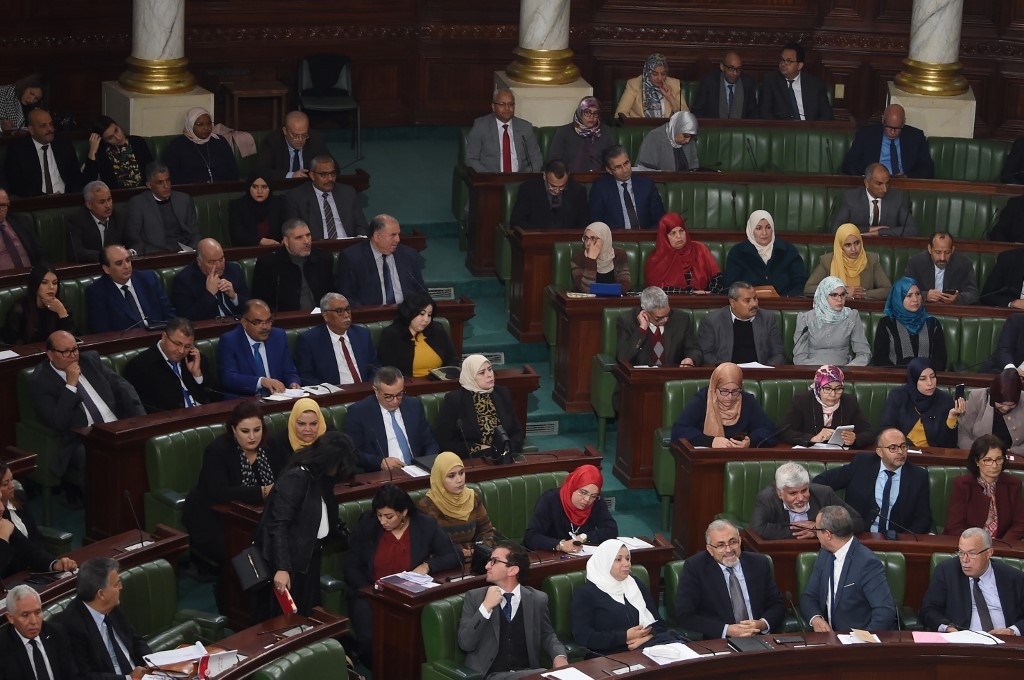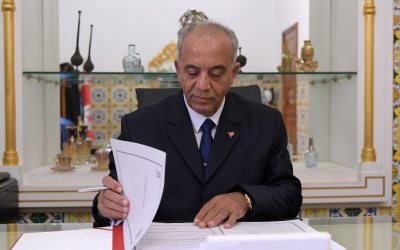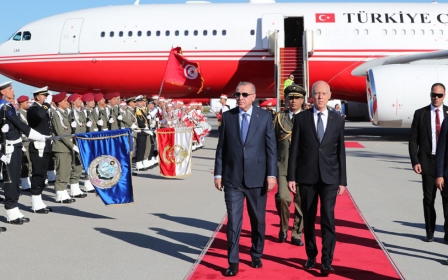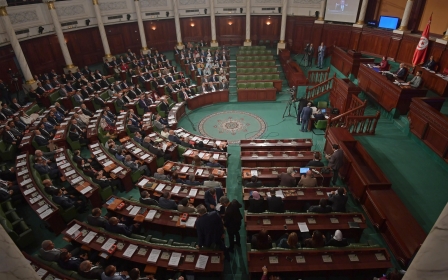Tunisian parliament rejects proposed new government

Tunisia's parliament in a confidence vote on Friday rejected a proposal for a new government, forcing a complex coalition-building process to start over at a time when urgent economic reforms are at stake.
Tunisia's Prime Minister-designate Habib Jemli had urged parliament to support his proposed cabinet ahead of the vote, but the tally was 134 to 72 against. With Jemli unable to form a coalition, President Kais Saied will now ask another candidate to do so.
If that also fails and a deadlock persists for a month, the country will hold another parliamentary election.
Tunisia has struggled to form a government since the country's elections in October resulted in a hung parliament.
Jemli, an agricultural engineer who describes himself as an independent, was tasked by the president in mid-November with forming a government.
The rejection of his proposal ahead of a mid-January deadline risks delaying much-needed reforms to revive Tunisia's economy.
The only party to support the proposal was Ennahda, which won 52 seats out of 217 in the 6 October elections but lacks support from smaller parties necessary to carve out the 109-seat majority needed to form a government.
An alliance between Ennahda and liberal newcomer Qalb Tounes, which came in second with 38 seats in the elections, has yet to materialise.
Meanwhile, Youssef Chahed of the former ruling party Nidaa Tounes will continue as acting prime minister until a new one is chosen.
Since 2018, Tunisians have been living with a semi-functional government.
"Tunisia urgently needs a functional government to break deadlocked economic reform projects. We are seriously worried," Tony Verheijen, the World Bank resident representative for Tunisia, said in an interview with Business News at the end of November.
The message from Verheijen came as the country faces a projected record-high public debt, a loss of purchasing power of 40 percent and a youth unemployment rate of almost 35 percent.
Middle East Eye propose une couverture et une analyse indépendantes et incomparables du Moyen-Orient, de l’Afrique du Nord et d’autres régions du monde. Pour en savoir plus sur la reprise de ce contenu et les frais qui s’appliquent, veuillez remplir ce formulaire [en anglais]. Pour en savoir plus sur MEE, cliquez ici [en anglais].





